Table of Contents
Introduction: Why Dill Matters
Dill is one of those herbs that can make or break a dish. With its delicate, slightly sweet, and tangy flavor, it adds a fresh, bright note to everything from soups and salads to fish and eggs. But what happens when you run out of dill or just don’t have it on hand? That’s where substitutes come in—friendly alternatives that can step up to the plate and keep your cooking on track.
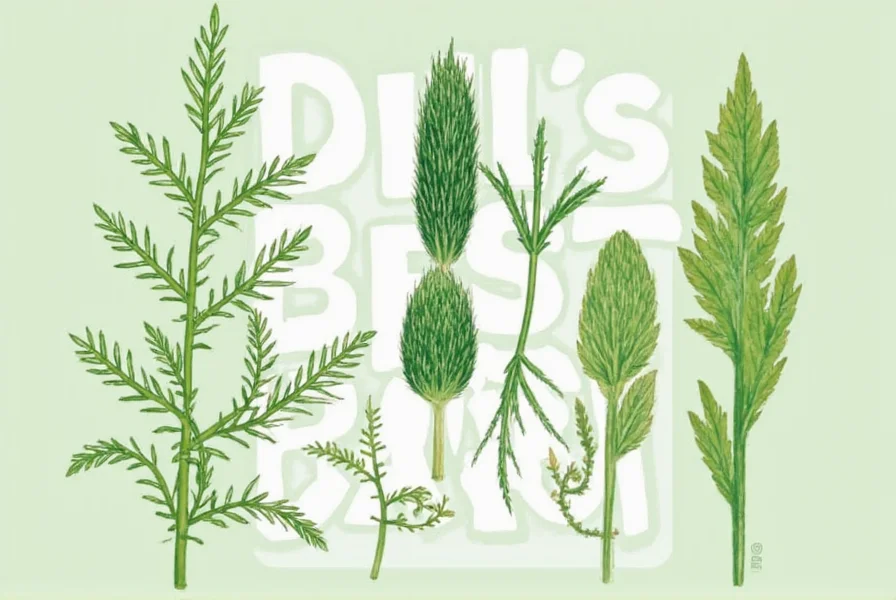
Why You Might Need a Dill Substitute
There are many reasons why you might find yourself needing a dill substitute. Maybe you’re out of season, or the store doesn’t carry it. Or perhaps you’re looking for something more accessible or cost-effective. Whatever the case, knowing the right alternatives can save your meal—and your sanity.
Here’s the good news: there are several herbs and ingredients that can stand in for dill, each with its own unique flavor profile and uses. Let’s dive into the best ones.
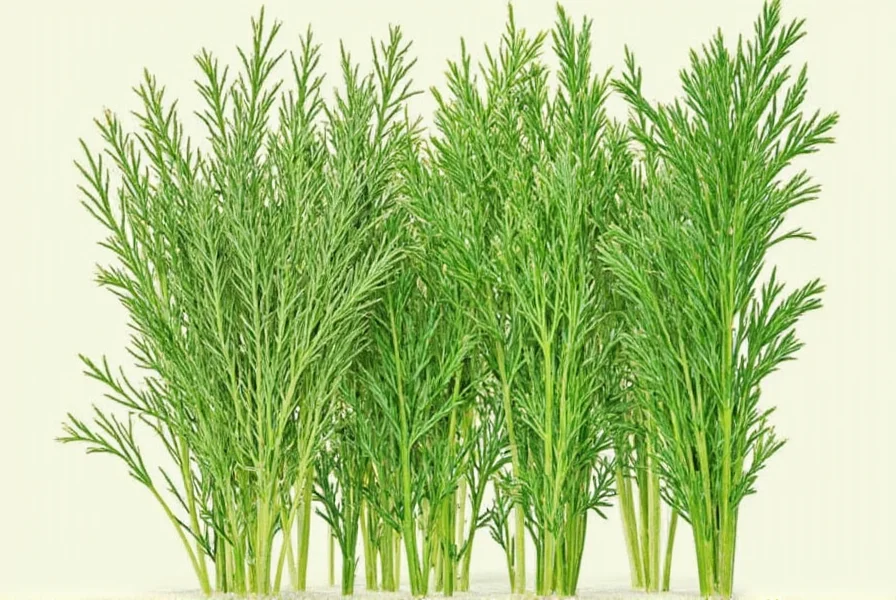
The Best Substitutes for Dill (and Why They Work)
Now that we’ve covered why you might need a substitute, let’s look at the top options. These herbs and ingredients are not only close in flavor but also work well in similar dishes. Here’s a quick breakdown:
1. Parsley
Parsley is often the first go-to substitute for dill. It has a similar green, grassy flavor, though it’s a bit more robust. Fresh parsley works best, especially in dishes like salads, soups, and dips. However, it lacks the subtle citrusy note that dill brings, so use it with a bit of caution if you're aiming for an exact match.
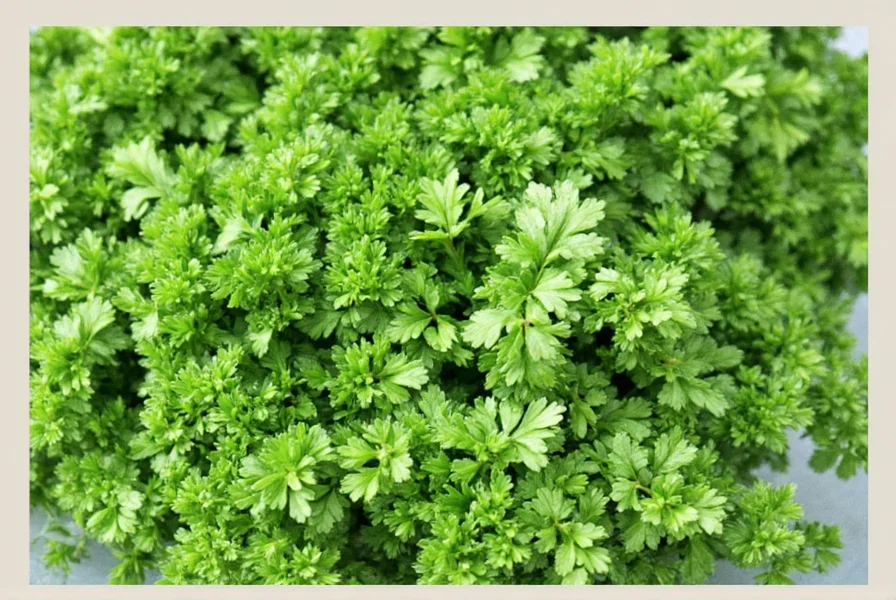
2. Fennel Fronds
Fennel fronds are a close relative of dill and offer a similar licorice-like aroma. They’re perfect for adding a fresh, aromatic touch to dishes like seafood, potatoes, and salads. While they aren’t as delicate as dill, they bring a unique flavor that can enhance your recipe in a different way.
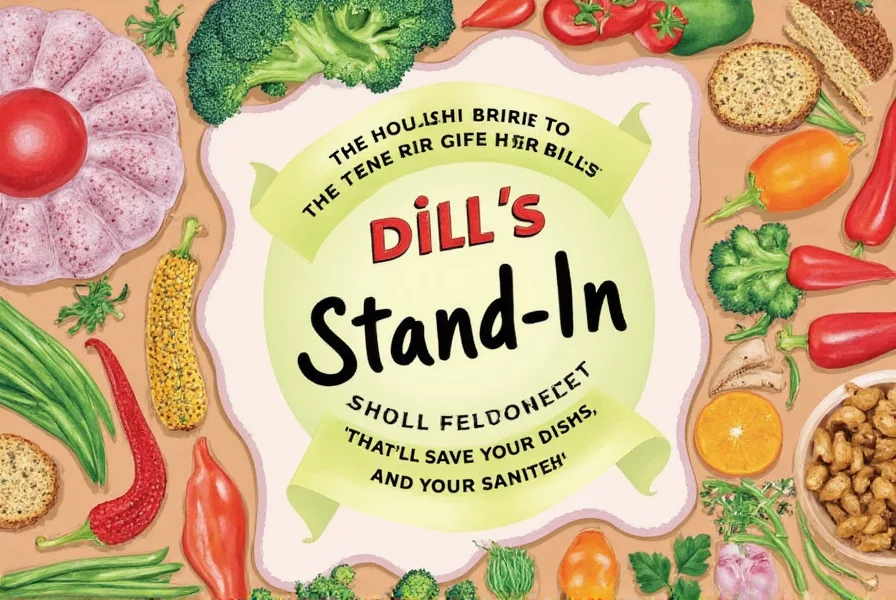
3. Cilantro
Cilantro might seem like an odd choice, but it can be a great alternative in certain dishes. It has a more pungent, citrusy flavor than dill, which makes it ideal for Mexican and Asian recipes. If you’re making a salsa, chutney, or a salad with bold flavors, cilantro can add a nice twist.
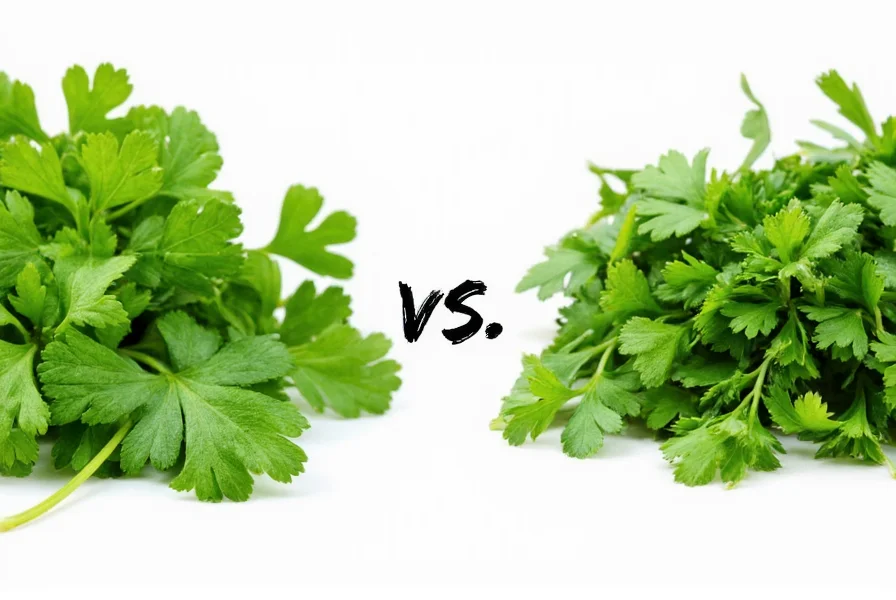
4. Caraway Seeds
If you’re dealing with a cooked dish like stews or pickles, caraway seeds can serve as a strong, earthy substitute for dill. They have a slightly bitter, nutty flavor that pairs well with vegetables and meats. Just remember to use them sparingly, as their flavor can overpower a dish quickly.
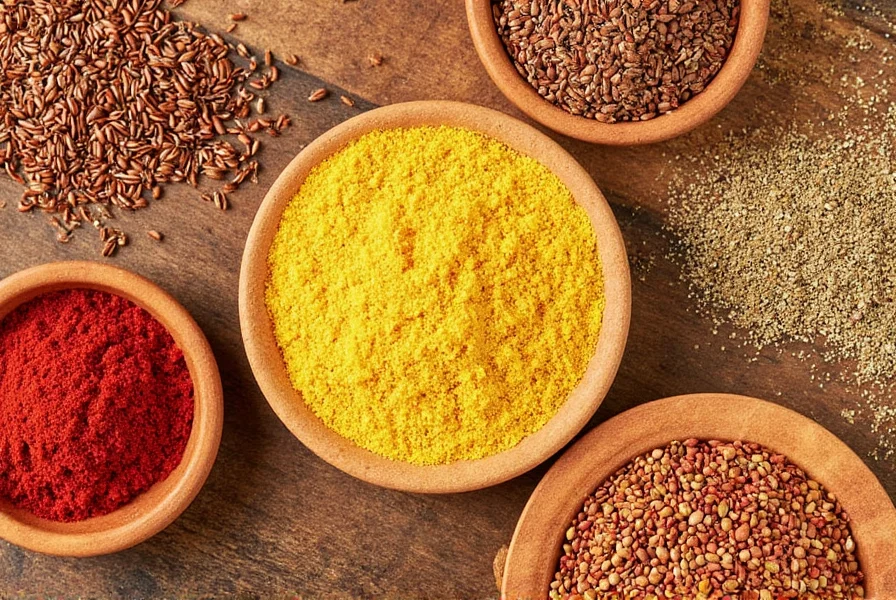
5. Dill Seed
Believe it or not, dill seed itself can be used as a substitute. It has a more intense, slightly bitter flavor compared to fresh dill, but it’s still very close. Dill seed works best in pickling, breads, and hearty soups. If you have some on hand, it’s a solid backup plan.

6. Tarragon
Tarragon is another herb that can stand in for dill, especially in creamy sauces and egg dishes. It has a subtle anise-like flavor that can mimic dill’s brightness. However, it’s less common and may be harder to find, so it’s best used in specific recipes where its flavor will shine.
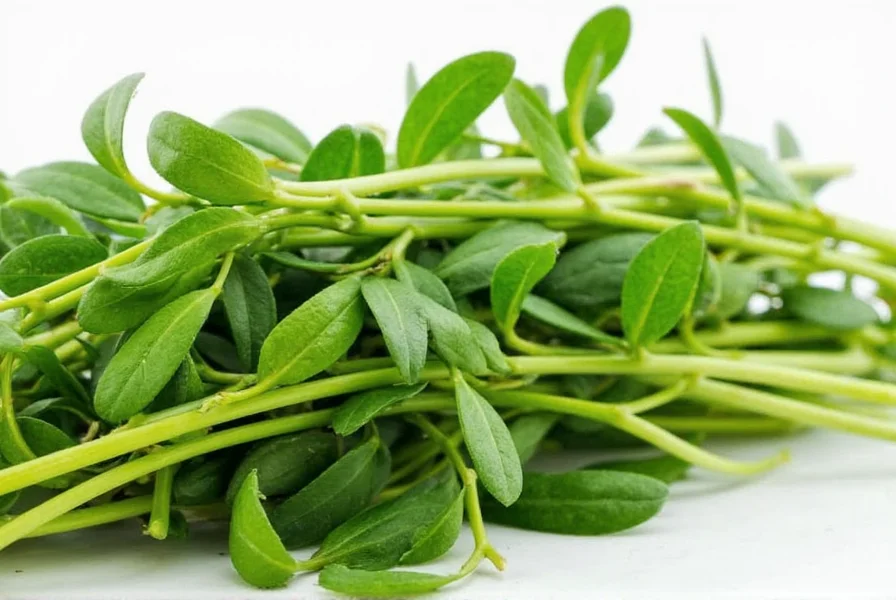
Practical Tips for Using Dill Alternatives
Now that you know the top substitutes, here are a few tips to help you use them effectively:
- Use fresh over dried: When possible, opt for fresh herbs like parsley or fennel fronds instead of dried versions. Fresh herbs tend to hold more flavor and aroma.
- Adjust seasoning: If you're using a stronger herb like cilantro or caraway, consider adjusting other spices in the recipe to balance the flavors.
- Try a blend: For a closer match to dill, try combining two or three substitutes. For example, a mix of parsley and fennel fronds can give you a more balanced, dill-like flavor.
- Experiment: Don’t be afraid to experiment with different substitutes based on the dish. Sometimes a little creativity can lead to a new favorite flavor.

Buying Guide: Choosing the Right Dill Substitute
If you’re looking to stock up on dill substitutes, here’s a quick guide to help you choose the right one for your needs:
1. Parsley
- Features: Mild, grassy, and versatile
- Advantages: Easy to find, affordable, and widely used in many cuisines
- Use Cases: Salads, soups, sauces, and garnishes
- Target Audience: Home cooks and casual chefs who want a reliable substitute
- Suitable Occasions: Everyday meals, potlucks, and family dinners
2. Fennel Fronds
- Features: Bright, licorice-like, and aromatic
- Advantages: Adds a unique flavor that complements many dishes
- Use Cases: Seafood, roasted vegetables, and salads
- Target Audience: Gourmet cooks and adventurous home chefs
- Suitable Occasions: Special occasions and fine dining
3. Cilantro
- Features: Citrusy, pungent, and bold
- Advantages: Adds a zesty kick to dishes
- Use Cases: Salsas, curries, and Southeast Asian cuisine
- Target Audience: Flavor lovers and international food enthusiasts
- Suitable Occasions: Casual meals and ethnic feasts
4. Caraway Seeds
- Features: Earthy, nutty, and slightly bitter
- Advantages: Great for pickling and hearty dishes
- Use Cases: Stews, breads, and vegetable dishes
- Target Audience: Cooks who enjoy bold, complex flavors
- Suitable Occasions: Hearty meals and winter dishes
5. Dill Seed
- Features: Strong, slightly bitter, and aromatic
- Advantages: Works well in pickling and traditional recipes
- Use Cases: Pickles, breads, and soups
- Target Audience: Traditional cooks and preservationists
- Suitable Occasions: Seasonal dishes and preserved foods
6. Tarragon
- Features: Anise-like, subtle, and elegant
- Advantages: Adds a refined flavor to sauces and eggs
- Use Cases: Creamy sauces, omelets, and egg dishes
- Target Audience: Gourmet chefs and sauce lovers
- Suitable Occasions: Formal dinners and special occasions

Conclusion: Dill’s Friends Are Waiting
Dill is a wonderful herb, but it’s not the only game in town. Whether you're running low on supplies or simply curious about new flavors, these substitutes can help you keep your cooking on track. From the familiar parsley to the exotic tarragon, each has its own charm and place in the kitchen.
Remember, the key is to experiment and find what works best for your taste and the dish you're making. So next time you’re in a pinch, reach for one of these dill alternatives and see how it transforms your meal.

Whether you're a seasoned pro or a curious beginner, the world of herbs is full of surprises. And who knows? You might discover a new favorite ingredient along the way.











 浙公网安备
33010002000092号
浙公网安备
33010002000092号 浙B2-20120091-4
浙B2-20120091-4